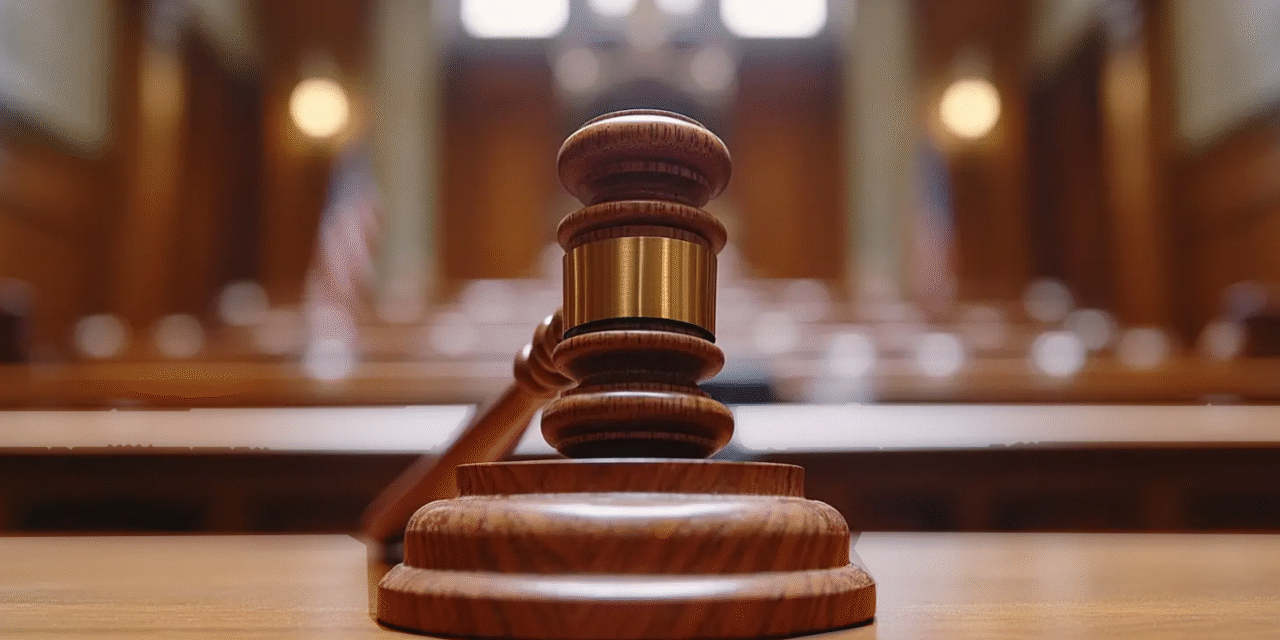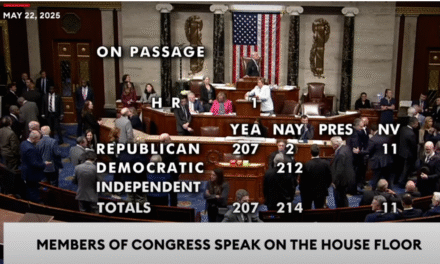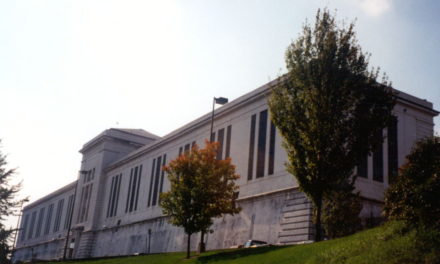The three justices will appear on the ballot this November.
Pennsylvania Supreme Court Justices Kevin Dougherty, Christine Donohue, and David Wecht will appear on the ballot this November, and voters will decide whether to extend their tenures for another 10 years.
The three justices were elected as Democrats in 2015. The race has drawn attention as Republicans seek to flip the court’s balance, with the majority currently being held by Democrats at five to two.
Over the past decade, Dougherty, Donohue, and Wecht have ruled on several major cases that voters can look to as they decide whether to retain the justices for another 10-year term.
Recently, in January of 2024, the court issued a ruling on a case challenging a state law limiting Medicaid funding for abortions, except in cases involving rape, incest, or danger to the life of the mother.
The majority opinion endorsed access to abortion as a right derived from the Pennsylvania constitution, but the justices could not agree on formally recognizing a constitutional right to abortion access. The majority sent questions on the subject back to a lower court.
Donohue wrote the majority opinion, which Wecht joined. The two justices expressed that they believe Pennsylvania’s 1971 Equal Rights Amendment established a right to abortion access. Dougherty wrote a separate opinion, saying the case did not call on the court to opine on the right to an abortion.
The Pennsylvania Supreme Court has heard and ruled on several cases relating to the Commonwealth’s election laws. In 2018, the state Supreme Court threw out GOP-drawn congressional maps and said they were unconstitutionally gerrymandered. All three justices up for retention joined the majority opinion in the redistricting case.
In 2020, the court issued a ruling ahead of the presidential election that allowed for ballot drop boxes and for local election offices to accept ballots for up to three days after the election, so long as those ballots were postmarked by 8 p.m. on Election Day.
Dougherty and Wecht joined the majority opinion on the case. Donohue also joined the majority opinion, but dissented from the decision to extend the ballot deadline.
In 2017, the Supreme Court made it more difficult to sentence a juvenile to life in prison. The majority opinion said there is a “presumption” against life without parole for juveniles who are found guilty of murder, and that prosecutors must show that the offender is “unable to be rehabilitated” when seeking the life sentence.
Donohue wrote the majority opinion on the case. Both Dougherty and Wecht joined the majority opinion.
The state Supreme Court issued an opinion that interpreted where the U.S. Constitution gives Pennsylvanians the right to bear arms. In Stroud Township, a zoning ordinance prevented a resident from having a personal outdoor shooting range on his property. The resident sued the township for violating his Second Amendment rights.
The court ruled that the ordinance was unconstitutional. Dougherty wrote the majority opinion. Wecht joined the majority opinion. Donohue wrote her own opinion that was in disagreement with the analysis of the majority opinion, but came to the same conclusion.
In 2017, the court ruled that it is unconstitutional for Pennsylvania to use revenue from the royalties of oil and gas leases on public land to pay for anything but conservation and maintenance of the environment.
In November, voters will be asked whether the three Pennsylvania Supreme Court justices should be retained for another 10-year term.
Voters could decide to flip the balance of the court by not retaining the justices, which would trigger a race to fill each seat that is not retained.






